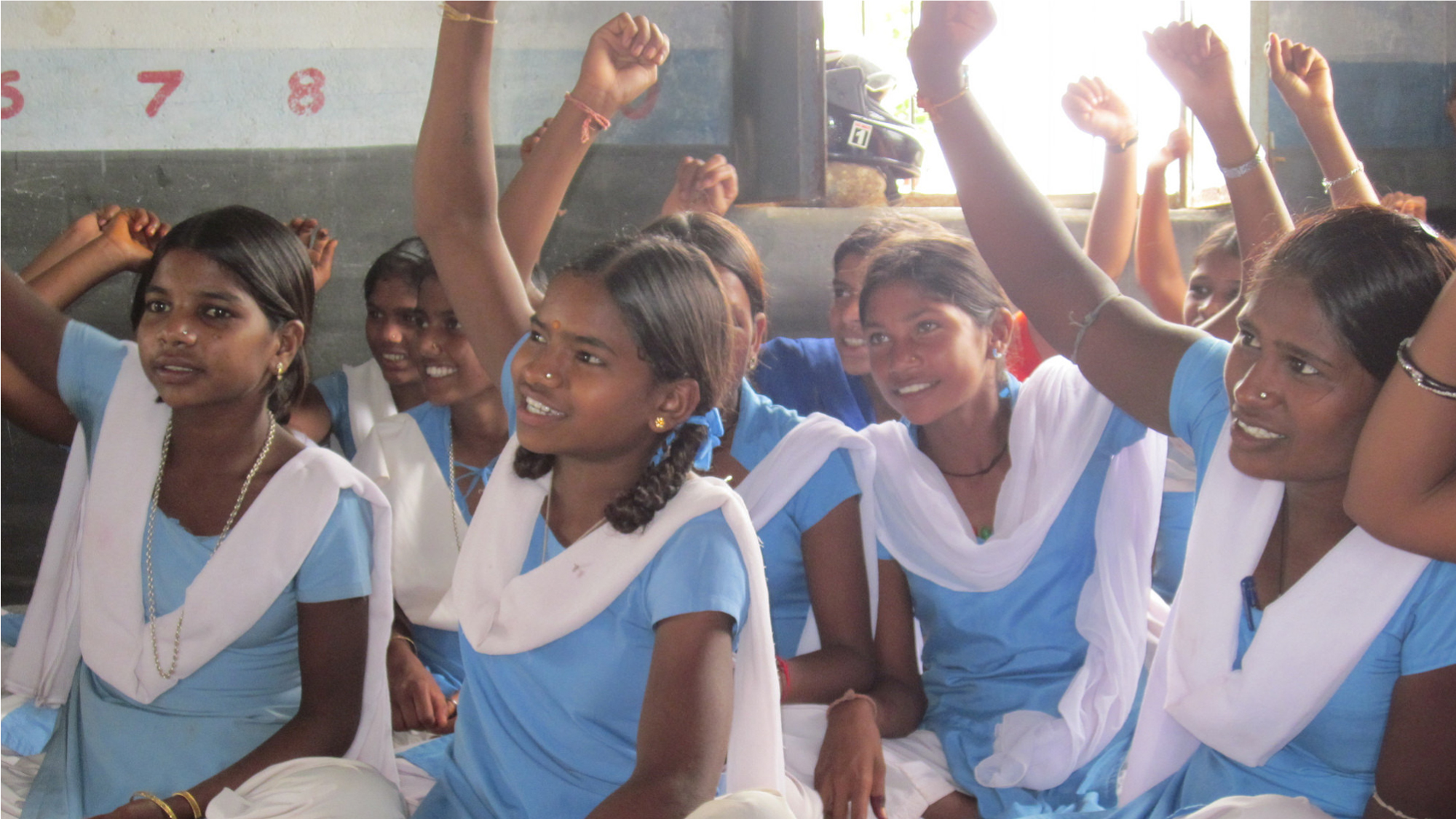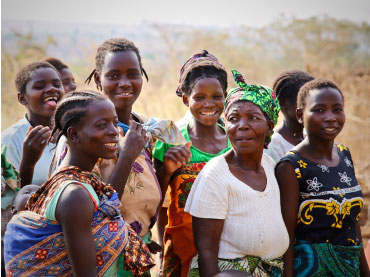
The Girls’ Education Challenge (GEC) supports the world’s most marginalised girls to build foundations for a better life. Launched in 2012 by the UK’s Foreign, Commonwealth and Development Office (formerly DFID), the GEC is the largest global fund dedicated to girls’ education.
We have been evaluating the GEC for over a decade now, having started our work with the design and implementation of GEC Phase 1 (2012-2017). During this time, we gathered robust data and evidence in some of the world’s most challenging research environments and provided crucial insights into the programme’s impact and effectiveness.
The first phase of the Girls’ Education Challenge had three funding windows – the Step Change Window, the Innovation Window and the Strategic Partnerships Window.
As the Evaluation Manager of the programme, our evidence, learning and insights helped the GEC evolve and adapt. We delivered reports, briefs and reviews across all three funding windows, providing reliable data and evidence on the GEC’s impact and success in reaching marginalised girls and promoting innovation and private sector partnerships for education outcomes at scale.
Our GEC baseline research during Phase I explored the scale and nature of educational marginalisation among girls in the project areas before the start of GEC programme activities.
These reports measured the education outcomes of girls in the GEC project areas with respect to attendance, enrolment, retention and learning outcomes.
Step Change Window – Baseline Report (January 2015)
Step Change Window – Baseline Quantitative Data (2013-2014)
Innovation Window – Baseline Report (January 2015)
Strategic Partnerships – Baseline Report (January 2016)
The purpose of the process review was to learn lessons about the early stages of the GEC delivery process – from the start up until the end of the baseline phases for each of the funding windows.
We based the below report and brief on an extensive document review and qualitative interviews with GEC stakeholders. They cover the key lessons learned, conclusions and recommendations that we made to help the client and other policy-makers design and develop similar programmes in the future.
GEC Process Review Report (February 2016)
Process Review Brief (February 2016)
Girls’ education is often a race against time. A bad harvest, a parent’s death, pregnancy or marriage are all factors that can affect a girls’ ability to stay in school and finish her education.
In the below Thematic Research Report and Brief, we explored and summarised the factors that lead to girls staying in or dropping out of school in three countries – the Democratic Republic of Congo, Kenya and Zimbabwe – with a particular focus on girls aged 12-15.
Thematic Research Report – Narrow Windows, Revolving Doors (March 2016)
Thematic Research Report Brief (March 2016)
The below midline evaluation reports followed the Step Change Window and Innovation Window Baseline Reports from January 2015.
The reports provided reliable evidence of the GEC’s impact on girls in school and learning outcomes – knowledge that would later inform further GEC activities as well as the next phase of the GEC. They also provided ransferable learning for a wider audience including donor agencies, governments of GEC countries and other policy-makers.
Step Change Window – Midline Evaluation Report (March 2017)
Innovation Window – Midline Evaluation Report (March 2017)
The purpose of the endline evaluation reports was to provide useful and reliable evidence of the programme’s effectiveness, sustainability, value for money (VfM), and impact of GEC outcomes. This evidence was used by DFID (now the Foreign, Commonwealth and Development Office), the Fund Manager and projects to further develop existing activities in the next phase of the GEC.
The below reports follow the Baseline and Midline Reports of each funding window, covering the first three-year phase of the GEC programme period.
Innovation Window – Endline Evaluation Report (December 2017)
Innovation Window – Endline Evaluation Annexes (December 2017)
Step Change Window – Endline Evaluation Report (December 2017)
Step Change Window – Endline Evaluation Annexes (December 2017)
Strategic Partnerships Window – Endline Evaluation Report (October 2017)


